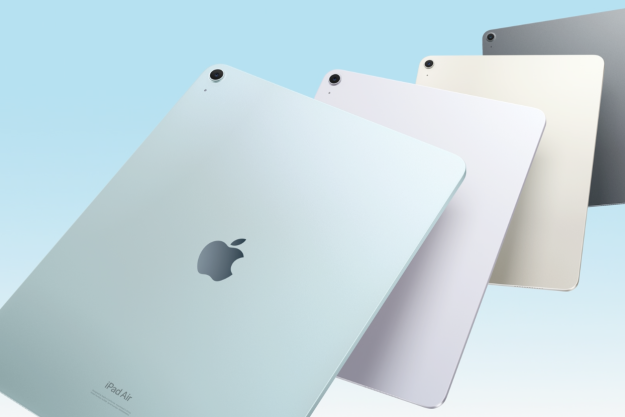Everyone thinks that the potential crossover appeal between the iPad and students is huge. It might take years, but one day all text books could be sold as e-books, and students could find themselves with an iPad or a similar tablet computer that replaces the several text books that weigh down their backpacks. It is an ideal match. Except no one remembered to ask the IT departments of the universities.
The Wall Street Journal is reporting that Princeton University and George Washington University are temporarily banning the iPads due to malfunctioning units that are causing interference to other Wi-Fi devices. Cornell University is also considering a ban due to network congestion caused by the tablet devices.
A recent announcement from Princeton’s IT department suggests that the problem has to do with DHCP client malfunctions, which can cause interference on other wireless devices. Israel recently banned the iPad for sale and use in the country for similar reasons. Princeton is currently working with Apple to resolve the situation, according to the announcement.
The Princeton release states that the DHCP problems began on April 4th, the day after the iPad’s release. “The iPad owner is often unaware of any problem, Nevertheless, it is an issue because it can interfere with service to other devices,” the document claims.
The failure rate is high by percentage, but low by total units. The report states that 25 of the 41 iPads on the Princeton campus network have exhibited the malfunction. A similar scenario occurred with many iPhones in 2007.
Princeton has banned the malfunctioning units, while George Washington does not support Apple products, and suggests that it might be next Spring before the iPad’s operating system is fully supported on its network.
Editors' Recommendations
- Which iPads does the Apple Pencil Pro work with? Here’s the full list
- Apple apologizes for its controversial iPad Pro ad
- Best Apple deals: Save on AirPods, Apple Watch, iPad, MacBook
- There’s something Apple isn’t telling you about the new iPad Pro
- I don’t think Apple wants me to buy the new iPad Pro



